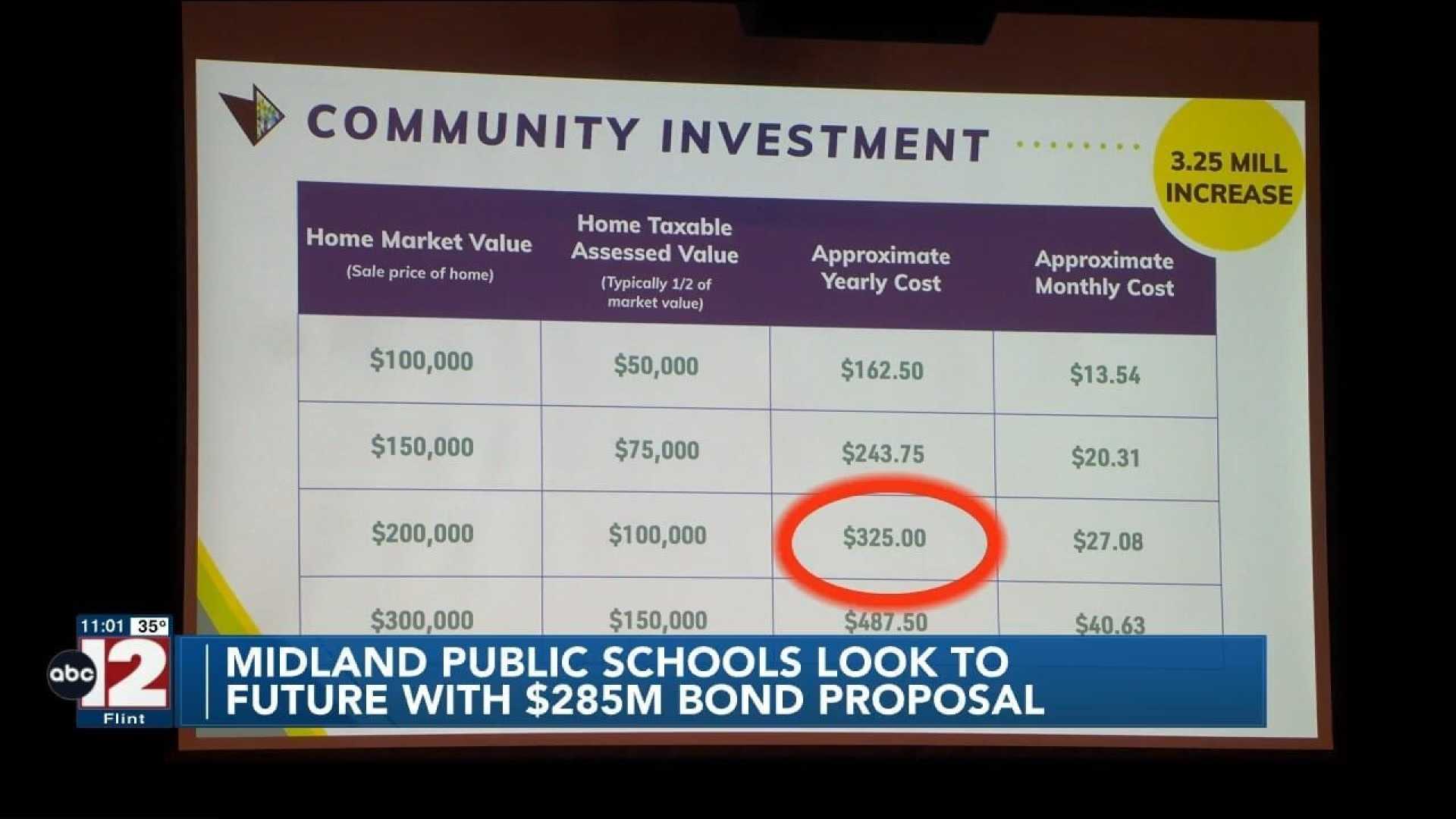Education
Midland Voters Reject $285 Million School Bond Proposal

Midland, Michigan — Voters in Midland rejected a $285 million school bond proposal on May 6, with a surprising 68% casting “no” votes. This outcome is notable in a community typically supportive of local school funding.
Midland Public Schools Board President Phil Rausch and Superintendent Penny Miller-Nelson expressed their disappointment, stating, “Over the next several weeks, we will review the results of this election and consider our options for moving forward as a school community.”
The proposed bond aimed to fund two new school buildings and renovations to existing facilities. The school district estimated that this would cost homeowners around $487.50 annually on a $300,000 home.
Historically, Midland residents have been favorable towards school funding. Last May, 82% supported a 10-year operating millage, and in May 2023, 71% approved an educational service agency millage renewal. In August 2022, voters also approved a new ESA bond by 58%. However, the rejection of the recent proposal signals a significant shift in voter sentiment.
Voter turnout was notably high for a May election at 37%, significantly exceeding recent years’ participation rates of 14% and 18%. Secretary of State Jocelyn Benson reported that the state’s average for local May elections is just 12%.
This bond failure aligns with a broader trend, as reported by Michigan Information & Research Service, where over half of local school bonding measures were rejected last week. Typically, school bonds pass approximately 69% of the time.
Opposition to the Midland bond was organized and vocal. Local residents formed the Committee for Midland Students and Taxpayers, led by Renita Bonadies. The committee claimed that the bond proposal did not adequately present the full cost to taxpayers, which they estimated to be $487 million when including interest. They raised $32,220 for their campaign.
The “no” campaign utilized bright yellow yard signs and mailed information to get their message across. They questioned the district’s plan to incur long-term debt for items like school buses and tablets, arguing that these costs would add financial burdens long after the items were no longer in use.
Local resident comments likened the situation to the longstanding financial obligations associated with overpaid contracts, asking for a reevaluation of financial strategies in school funding. Dave Romenesko, the clerk of the “no” committee, urged school leaders to prioritize educational outcomes over new construction. “Their business is competent education, not shiny new schools,” Romenesko said.












